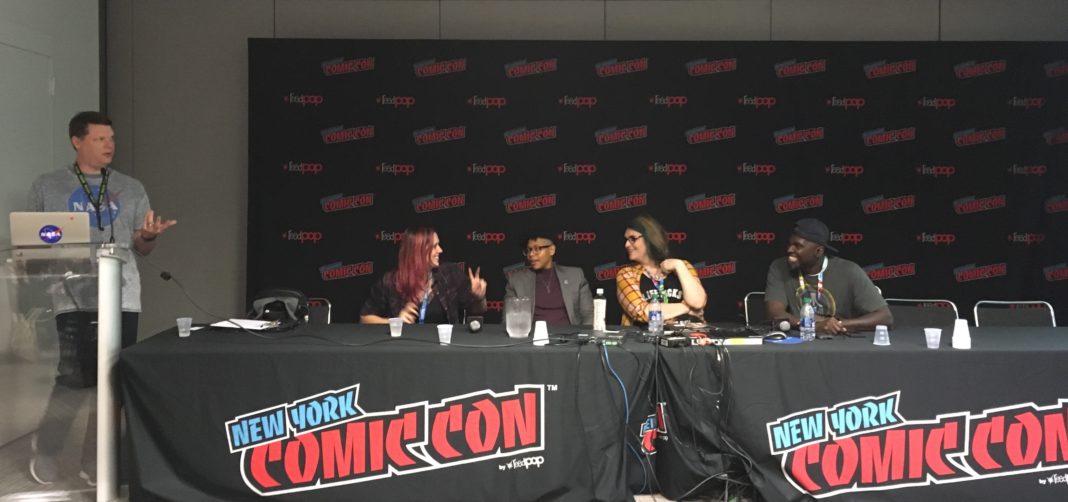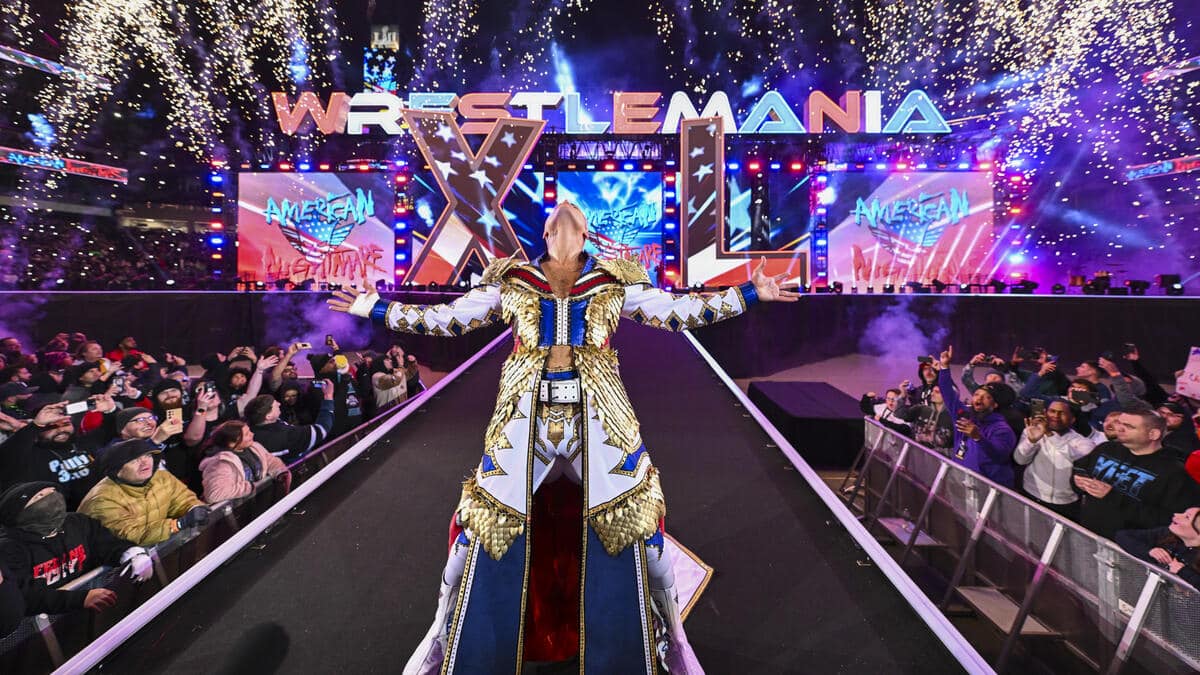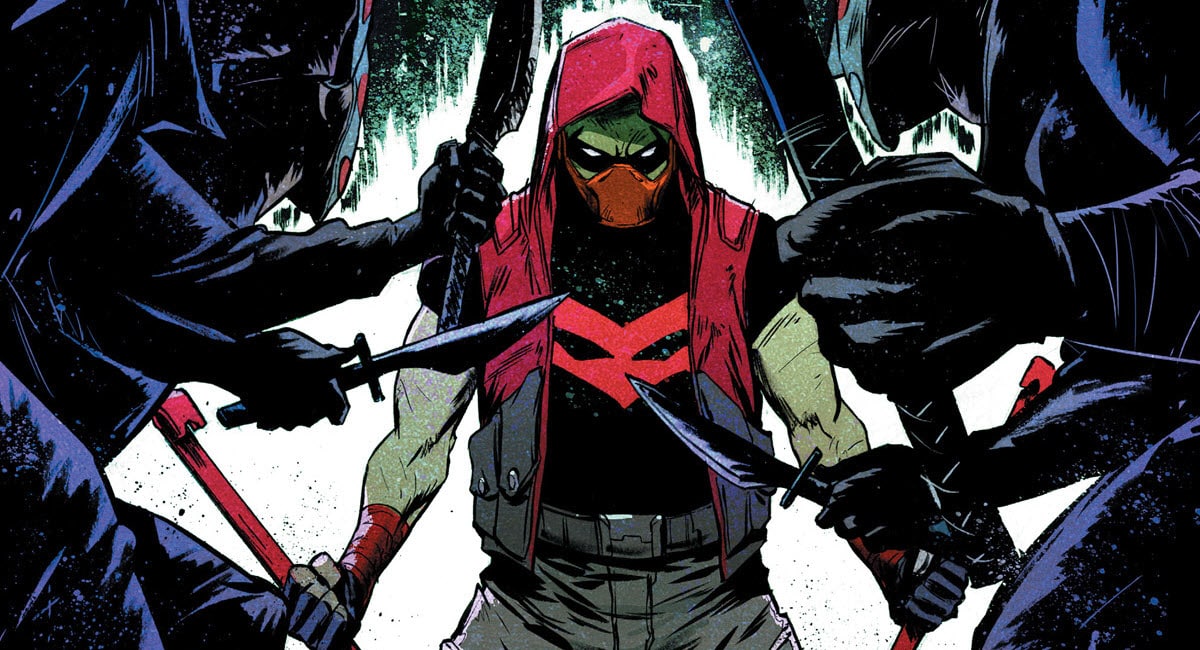By Adam Karenina Sherif
Chaired by Andy Schmidt (Marvel, IDW, Comics Experience), and featuring Mags Visaggio (Eternity Girl, Kim & Kim), Sanford Greene (Bitter Root, Power Man & Iron Fist), and Vita Ayala (The Wilds, Livewire), Heather Antos (Marvel, Valiant) NYCC’s “The New Comics Creator” panel was a thoughtful look at how increased diversity in comics has contributed to the continued survival of the industry as a whole, and how these creators have dealt with entrenched resistance to their work.
Schimdt began with a brief Comics Experience presentation, which is a course and publishing programme. His talk covered the traditional models of comics production, publication and distribution. Schmidt believes that diversity is a key component in driving comics forwards and sustaining the industry itself, the only means of engaging new audiences for the medium. He includes diversity of character, creator and genre.
The conversation began with a look at diversity, visibility and resistance. Antos put it succinctly that “more pie for everyone else doesn’t mean less pie for you.”
Visaggio followed up, saying, “Spider-Man’s not going anywhere. Batman’s not going anywhere.”
This led Greene to share some reflections on his entry point with Marvel: “I grew up with Peter Parker, but as I grew up as a man of color, I started to feel it would be nice to see someone like me in that space.”
Ayala then reflected that they feel empathy was actually embedded in some of the core conceits of 1960s Marvel. “Spider-Man wears a full body-suit,” they said, “and it’s meant to be so that anybody could relate.” As the conversation moved towards empathy and resistance, they added, “As a marginalised person, you’re used to being asked to put on someone else’s shoes, but to the ‘default’ person, they’re not asked to do that nearly as often.”
Visaggio extended this idea, suggesting that resistance to diversity is often “not just an inability to empathise, but sometimes a refusal to.”
Discussing resistance to change among the ‘old guard’, both in the industry and its readership, Greene spoke to the role subconscious bias plays, and the way that intersects with ideas of ownership — leading to binary proclamations like “This is my Hulk! / This is not my Hulk!” etc.
In turn, the panelists shared some of their personal experiences with resistance and abuse. Antos told of how “I get people thanking me for Doctor Aphra, but I also get people yelling that it’s being shoved down their throat.”
Visaggio detailed that the abuse that she receives doesn’t just coincide with her work at Marvel or DC: “I get crap for my original material as well as my work-for-hire. It’s not just a rejection of change, it’s an aversion to something existing at all.”
Likewise, Ayala put it thoughtfully that “if you’re angry about a character existing, you’re actually angry that those people exist. And then your problem is bigger than comic books.”
Connecting back to Schmidt’s opening remarks, the discussion wrapped up with a meaningful discussion of perspective. “There’s no one way to be anything in particular,” said Antos, “so instead of just one representative or none, having more and more is what we need.”
Visaggio addressed this specifically at the creator level: “I’ve had people say they feel there isn’t room because someone’s already their from their demographic, which is really frustrating.”
Speaking to the increased contact points diversity offers for potential readers, Ayala reflected, “A rising tide lifts all ships. I can write about people that are different from me, but I cannot write from people that are different than me. One of the things that’s so great about stories is perspective. Sometimes you just want to hear something you haven’t heard before.”
The panel had a great, dynamic interplay amongst the creators, with Antos’ pie metaphor extending joyously in all directions (Pie-der-Man!). It was particularly warming to see these strong creative and critical voices speak so candidly and plainly about their experiences and beliefs, and hopes for the comics industry.









